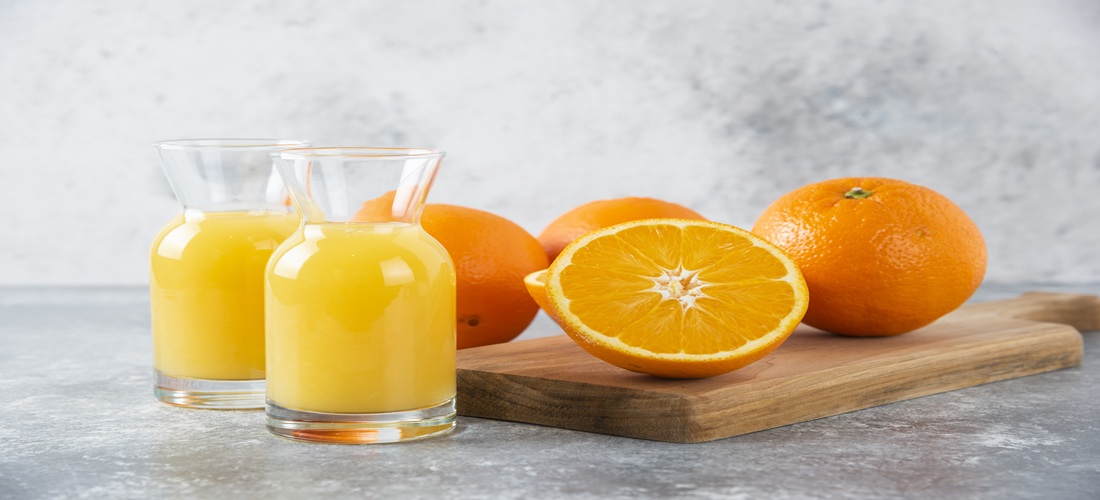
Agreement Between Mercosur and the European Union Expected to Boost Brazilian Citrus Industry
Dec, 20, 2024 Posted by Denise VileraWeek 202448
The recent agreement between Mercosur and the European Union, signed after 25 years of negotiations, is expected to benefit Brazil’s citrus industry significantly. According to researchers from Cepea, the gradual reduction of export tariffs on orange juice to the European bloc is one of the key anticipated outcomes.
Currently, exporting orange juice to the EU faces tariffs ranging from 12.2% to 15%, depending on product specifications, as indicated by CitrusBR (National Association of Citrus Juice Exporters). However, these trade barriers will be gradually eliminated under the new agreement over 7 to 10 years.
Brazil, the world’s largest exporter of orange juice, has the European Union as its primary consumer market. According to Comex Stat data, in the 2023/24 harvest season (from July 2023 to June 2024), the EU accounted for nearly 55% of Brazil’s total export revenue.
Additionally, it is expected that half of the EU’s orange juice imports will come from Mercosur, with Brazil as the leading supplier, given that other countries in the South American bloc produce little to no volume of the commodity. By eliminating tariffs, Brazilian producers are projected to gain a competitive edge, further strengthening their position in the global market.
Source: CompreRural
-
Grains
Oct, 07, 2024
0
Agribusiness faces logistical challenges amid Middle East tensions
-
Ports and Terminals
May, 15, 2023
0
Port terminal seals unprecedented collective agreement in Brazil
-
Jul, 18, 2024
0
Exports of fresh fruits from Chile expand throughout 2024
-
Ports and Terminals
Mar, 15, 2023
0
Brazil detains eight foreigners on a ship in the Port of Paranagua

